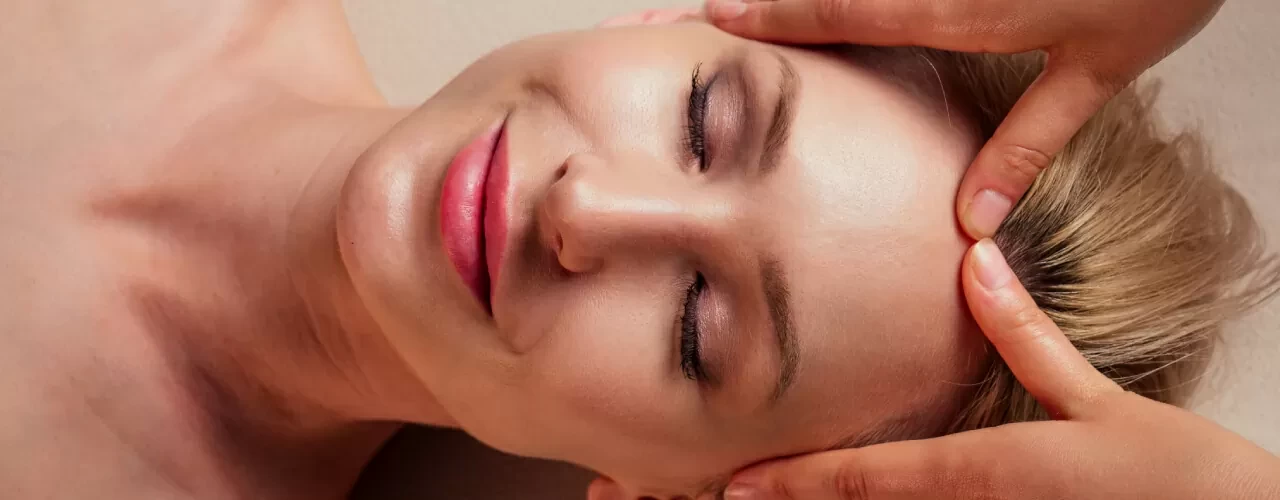Don’t Let Stress-Related Headaches Control Your Day. Physical Therapy May Help
Headaches affect the lives of millions of people every year. There are several different kinds of headaches, including sinus headaches, hormone headaches, and migraines.
Did you know that different types of stress can also play a role in causing headaches? It’s unfortunate but true. In fact, stress-related headaches are considered one of the most common headaches that people have.
It’s important to understand how a stress headache differs from other types, the causes of these types of headaches, and how a physical therapist may be able to help. To learn more about the causes of stress-related headaches and how physical therapy can provide relief, keep reading!
What is a stress-related headache?
During stressful situations, our bodies often go into fight or flight mode. Certain chemicals in the brain can be released during this time that can cause a variety of changes in the body that result in pain.
Stress-related headaches are also called “tension headaches.” When you’re experiencing one, you may have a dull, achy pain along your forehead or through the back of your head. The pain sometimes starts in the neck or shoulders and progresses through areas around your head. Some people also experience aching or pain in the jaws and cheeks.
Causes of stress-related headaches
Anxiety, fatigue, and general stress can all contribute to stress-related headaches.
Certain health-related conditions, including arthritis, can also cause headaches to occur. Even having poor posture at work can contribute to stress-related headaches.
The stress an individual is experiencing can make muscles tense and also cause blood vessels to dilate. This can cause stress-related headaches and may make other types of headaches, such as migraines, even worse.
Symptoms of stress-related headaches
Stress-related headaches that bother you for more than 15 days out of the month for 3 months or more are considered a chronic pain condition. They can vary widely in severity, although they’re rarely as debilitating as migraines are.
Stress-related headaches also tend to present themselves as a generalized ache over a broad region of the head, as opposed to attacking a specific area such as the eye (a trademark of another type of headache called a cluster headache).
The tension that stress-related headaches on may stem from emotional stress (if that emotional stress creates chronic neck tightness), but it may also be caused by:
- “Text neck,” a strain disorder that occurs if you’re always dropping your head forward to look at your smartphone
- Weak neck muscles that become fatigued easily
- Repetitive motion or overuse from work or sports activities
- Secondary pain problems such as arthritis in the cervical spine
How physical therapy can provide relief from headache pain
Although physical therapy might not be the first thing that comes to mind when considering treatment options for headaches, it’s a viable and excellent pain management option.
If you want a long-lasting solution for your pain, physical therapy is a good place to start! Our physical therapist will perform a thorough examination to see whether you’re dealing with tension headaches or with some other type of headache that requires a specialist’s attention.
There are several specific ways that physical therapy can help reduce stress-related headaches.
- Stretching exercises. Stretching exercises can help loosen tight muscles and ligaments in your neck and back that are contributing to your headaches. Certain stretches may also strengthen muscles in your back and neck. You can reduce pressure in your neck and shoulders as the muscles become stronger and more flexible.
- Soft tissue mobilization. Massage and other types of manual therapy can often provide immediate relief from pain associated with stress headaches. A physical therapist using the correct massage techniques can help prevent contractions in the shoulders, neck, and head that can cause headaches.
- Lifestyle changes. Changing the way you do everyday things can make all the different with your health. A physical therapist can teach you new ways of sitting, standing, and even different ways to complete daily tasks that can reduce the stress and tension that contributes to stress headaches. Over time, even improved posture may be able to decrease the number of headaches you experience.
- Stress reduction measures. Yoga is a great anti-stressor! Learning how to meditate and practice yoga can help you relieve great amounts of stress in the long run.
- Heat and/or ice compression. Alternating between heat and cold therapy not only reduces muscle strain but can provide immediate soothing relief. It can often reduce the tension and stress in muscles as well.
A physical therapist can conduct a thorough review of your medical history and perform an evaluation of your current physical abilities and limitations. From there, a specific treatment plan can be created to address your individual condition.
Consult with a physical therapist today
Over-the-counter pain relievers may reduce the symptoms of stress-related headaches for a few hours, but they do nothing about the stresses and strains that are making those headaches recur day after day.
If you’re struggling with stress-related headaches an individual physical therapy plan may be able to reduce or even eliminate your headache pain without the use of medications.
Interested in speaking with a physical therapist about the next steps to alleviating your headaches? Contact Base Physical Therapy today, so we can get you on the path to a pain-free life.

